When to Schedule an HVAC Install vs. Maintenance
Heating, ventilation, and air conditioning (HVAC) systems are essential for maintaining comfort, air quality, and energy efficiency in your home or business. However, many homeowners struggle with deciding whether their HVAC system requires a full installation or just routine maintenance. Knowing when to schedule an HVAC install versus maintenance can save money, prevent costly breakdowns, and improve system performance. Below, let's break down the key factors to help you make an informed decision.
Understanding HVAC Maintenance
Regular HVAC maintenance involves inspecting, cleaning, and servicing your system to ensure it operates efficiently and reliably. Maintenance tasks can include changing filters, cleaning coils, checking refrigerant levels, lubricating moving parts, inspecting electrical connections, and testing thermostats. Performing routine maintenance not only extends the life of your system but also helps prevent minor issues from escalating into major problems.
Maintenance is usually recommended at least twice a year—once in the spring for cooling systems and once in the fall for heating systems. For homes with older systems or high usage, more frequent maintenance may be beneficial. Routine servicing helps maintain energy efficiency, ensures comfort, and reduces the likelihood of sudden system failures during extreme weather conditions.
Signs You May Need HVAC Maintenance
Several warning signs can indicate that your HVAC system requires maintenance rather than a full replacement. Unusual noises such as rattling, squealing, or banging often suggest loose components, worn-out motors, or debris inside the system. Strange odors, such as burning or musty smells, may indicate electrical issues, mold growth, or accumulated dust. Increased energy bills without a change in usage can also signal that the system is working harder than necessary due to clogged filters or dirty coils.
Other maintenance indicators include uneven heating or cooling in different rooms, frequent cycling on and off, or a decrease in overall airflow. Addressing these issues with professional maintenance can improve performance, reduce energy costs, and prevent premature system failure.
Understanding HVAC Install Projects
An HVAC install involves completely replacing your existing system with a new unit. This may include a furnace, air conditioner, heat pump, or a combination depending on your climate and home needs. Installation is typically a more significant investment than maintenance, but it becomes necessary when a system reaches the end of its operational life or suffers from chronic inefficiency or damage.
New HVAC systems offer improved technology, higher energy efficiency, and enhanced comfort. Modern systems may also include features such as smart thermostats, zoning capabilities, and improved air filtration. Professional installation ensures proper sizing, ductwork alignment, and refrigerant handling, which are critical for long-term performance and efficiency.
Signs You May Need HVAC Installation
Knowing when to schedule an HVAC install can save you from frequent repairs and high energy bills. One of the primary indicators is age. Most HVAC systems last between 10 and 20 years, according to This Old House, depending on the type and quality. If your system is nearing the end of its lifespan, replacement may be more cost-effective than continuing to invest in maintenance and repairs.
Other signs include recurring breakdowns, frequent repairs, and rising energy costs despite regular maintenance. Inconsistent temperature control, uneven airflow, and excessive noise may also indicate that the system is no longer performing efficiently. Additionally, if your current HVAC system uses outdated technology or refrigerants that are being phased out, installing a new unit can provide long-term savings and environmental benefits.
Comparing Costs: Maintenance vs. Installation
Cost considerations play a major role in deciding between maintenance and installation. Routine maintenance is relatively affordable, depending on the type of service. The expense is minimal compared to the potential cost of emergency repairs or system inefficiency. Maintenance also helps extend the life of your existing system, delaying the need for a full replacement.
Installation, on the other hand, is a larger upfront investment. Costs vary widely depending on system type, size, brand, and labor. While the initial expense is higher, a new system can offer significant energy savings, reduced repair costs, and improved comfort for years to come. Balancing short-term maintenance costs with long-term installation benefits is key to making the right choice.
Energy Efficiency Considerations
Energy efficiency is a critical factor when deciding between HVAC maintenance and installation. Older systems often lose efficiency over time due to wear, leaks, or outdated technology. Even with regular maintenance, an aging system may struggle to provide optimal comfort while consuming excessive energy. New HVAC install projects, especially those with high SEER (Seasonal Energy Efficiency Ratio) or AFUE (Annual Fuel Utilization Efficiency) ratings, offer improved energy performance and lower utility bills.
Upgrading to a more efficient system can also qualify homeowners for rebates, tax incentives, or energy efficiency programs, helping offset installation costs. Professional maintenance ensures that your current system continues to run efficiently, but if efficiency gains are minimal despite service, replacement may be the more cost-effective solution in the long run.
Health and Air Quality Impacts
Indoor air quality is closely linked to the condition of your HVAC system. Dirty filters, clogged ducts, or failing components can lead to poor air circulation, increased dust, allergens, and even mold growth. Regular maintenance addresses these issues, improving air quality and protecting the health of occupants.
If your system cannot maintain proper airflow or humidity control, or if repairs no longer improve air quality, a full installation may be necessary. Modern HVAC systems come equipped with advanced filtration options, UV lights, and humidity control, which can significantly improve indoor air quality and create a healthier living environment.
Scheduling and Timing Considerations
Timing plays a crucial role in deciding when to schedule an HVAC install or maintenance. Maintenance should ideally be performed before peak seasons—spring for air conditioning and fall for heating—to ensure your system is ready for high-demand periods. Regular inspections also help identify potential problems early, reducing the risk of emergency breakdowns.
Installation is best planned ahead of time rather than waiting for complete system failure. Replacing a system during off-peak seasons may also reduce installation costs and scheduling delays. Consulting with an HVAC professional can help you determine the optimal timing based on system condition, usage patterns, and seasonal demands.
DIY Maintenance vs. Professional Service
While some minor maintenance tasks, like changing air filters or cleaning vents, can be done by homeowners, professional service is recommended for comprehensive inspections and repairs. Licensed HVAC technicians have the training, tools, and knowledge to detect issues that may not be visible to the untrained eye. They can also perform precise calibration, check refrigerant levels, inspect electrical connections, and provide safety assessments.
Professional service ensures that maintenance is thorough and compliant with manufacturer specifications, helping prevent costly repairs or premature system failure. When it comes to installation, professional expertise is essential to ensure proper sizing, ductwork alignment, refrigerant handling, and adherence to local building codes.
Deciding between HVAC install or maintenance requires careful consideration of system age, performance, efficiency, and cost. Routine maintenance keeps your current system operating efficiently, extends its lifespan, and helps prevent unexpected breakdowns. By understanding the differences and evaluating your system’s condition, you can make an informed decision that ensures reliable performance, lower energy costs, and a comfortable living environment for years to come. Serving Chattanooga, TN, our team at Mountain City Service is here for you. Contact us today for a quote!
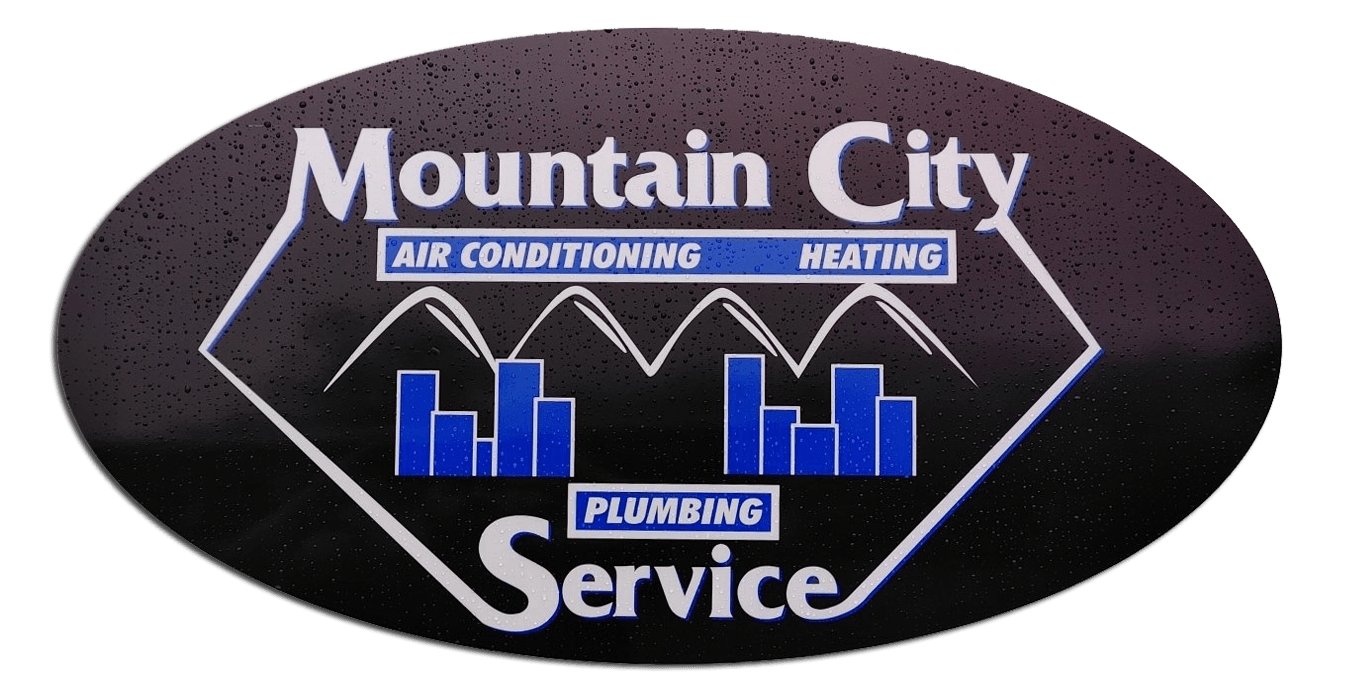
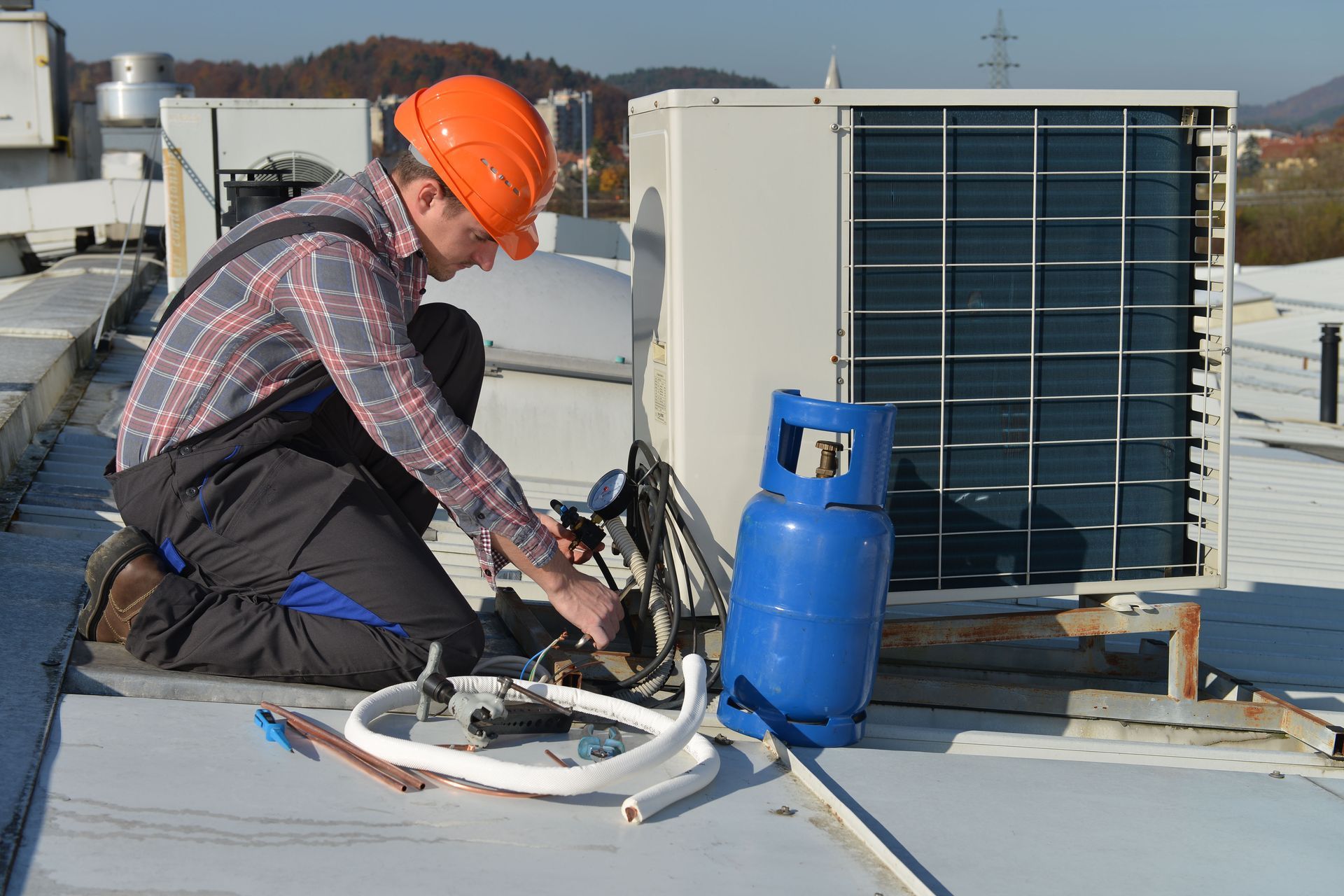
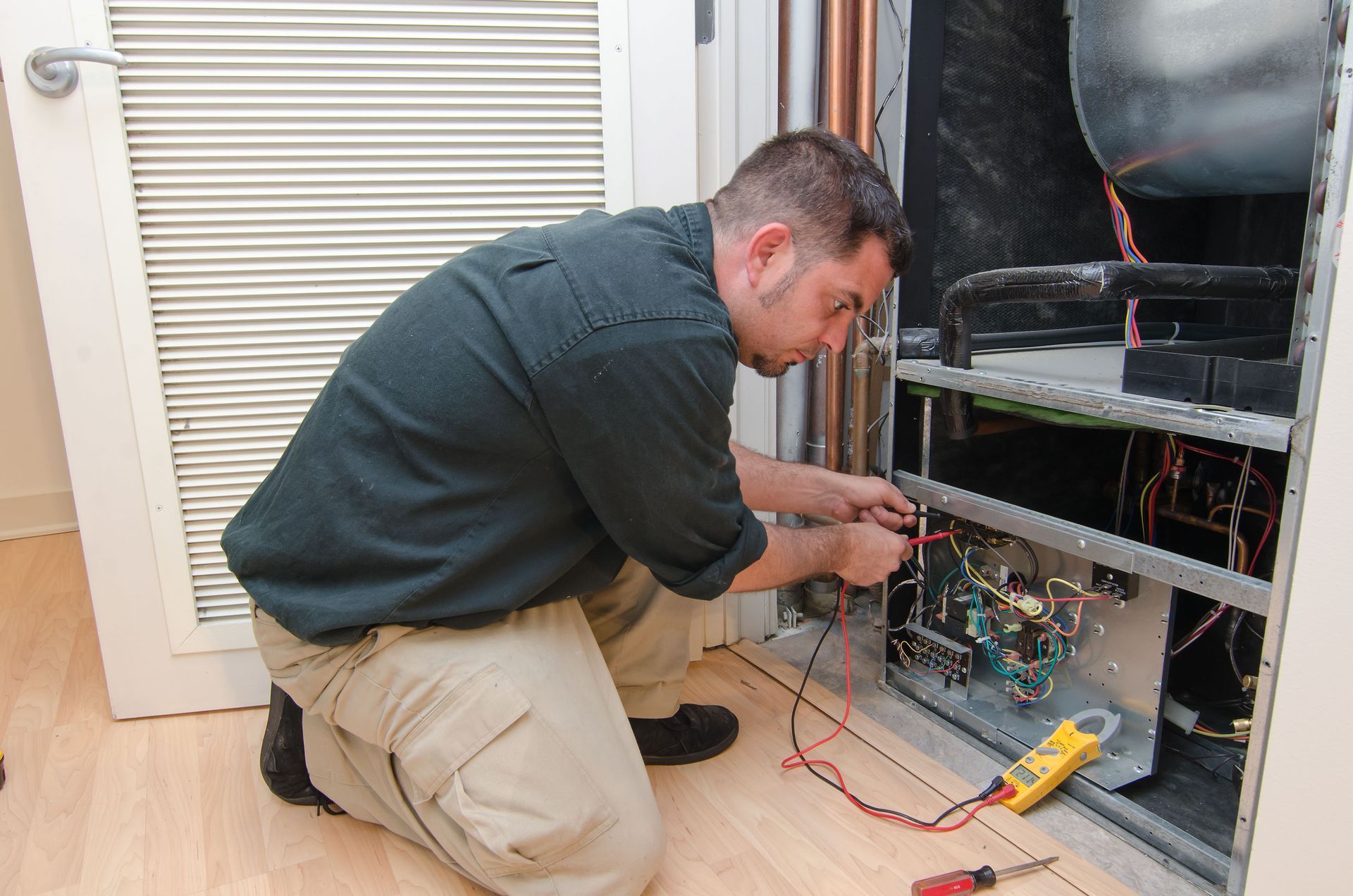
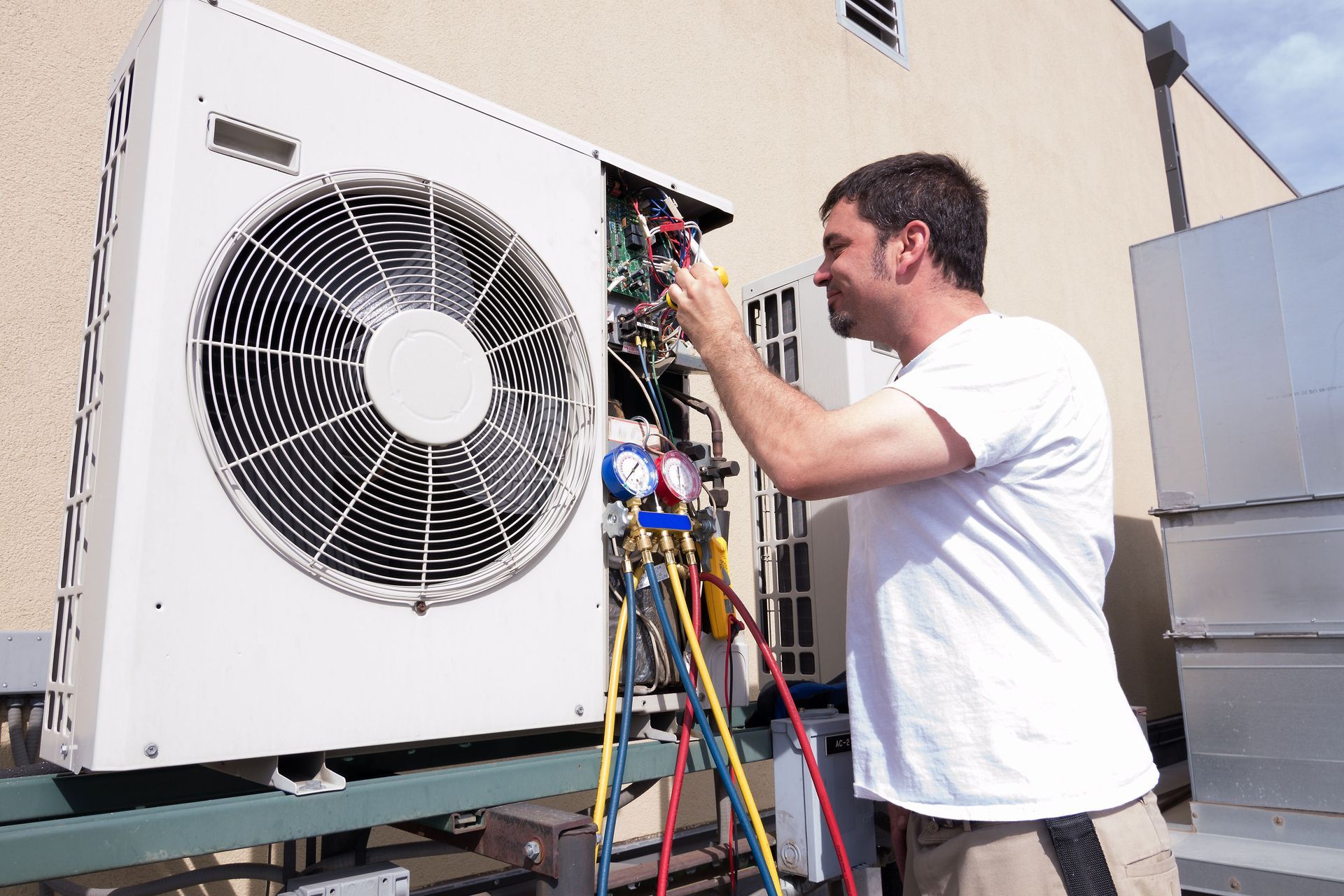
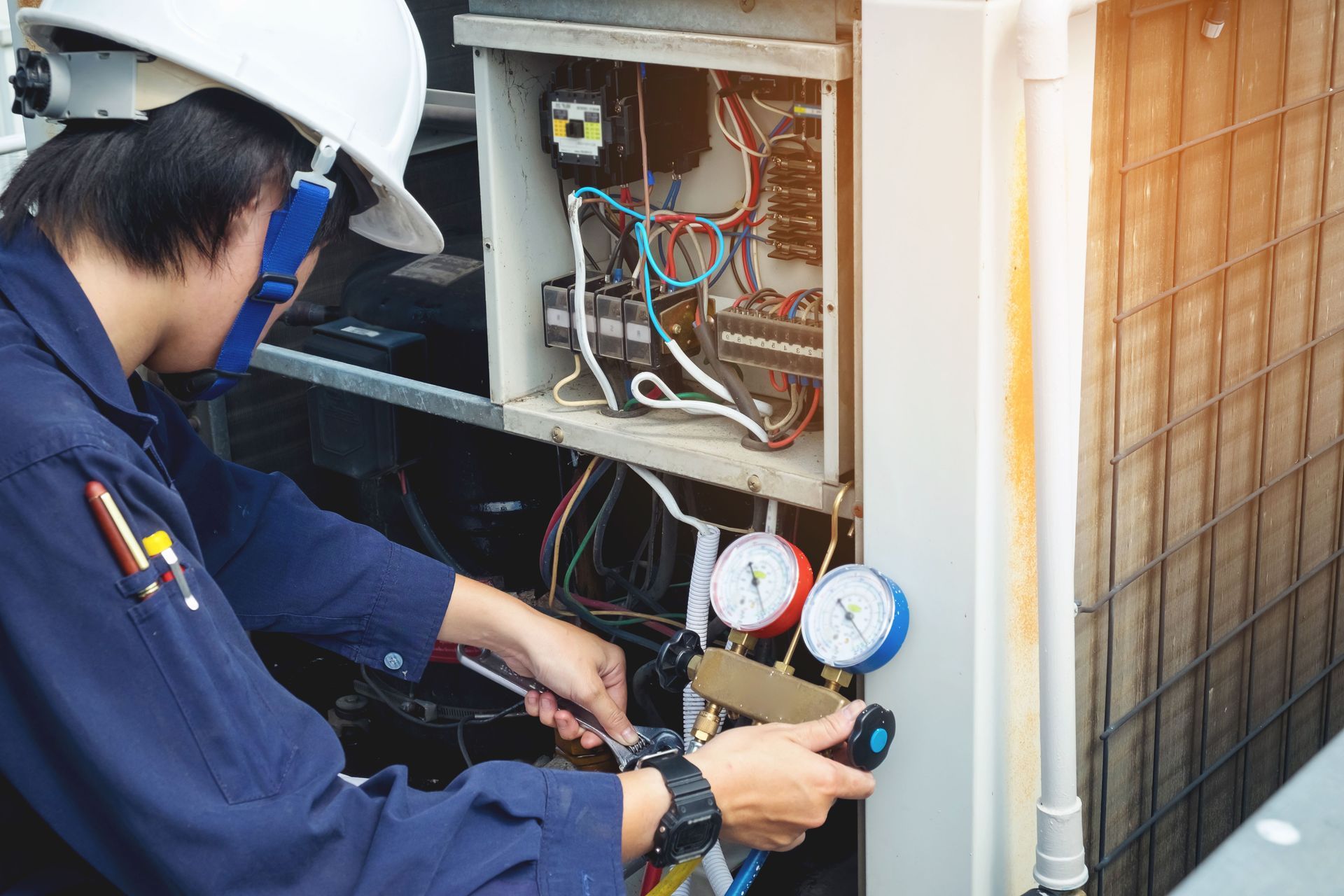
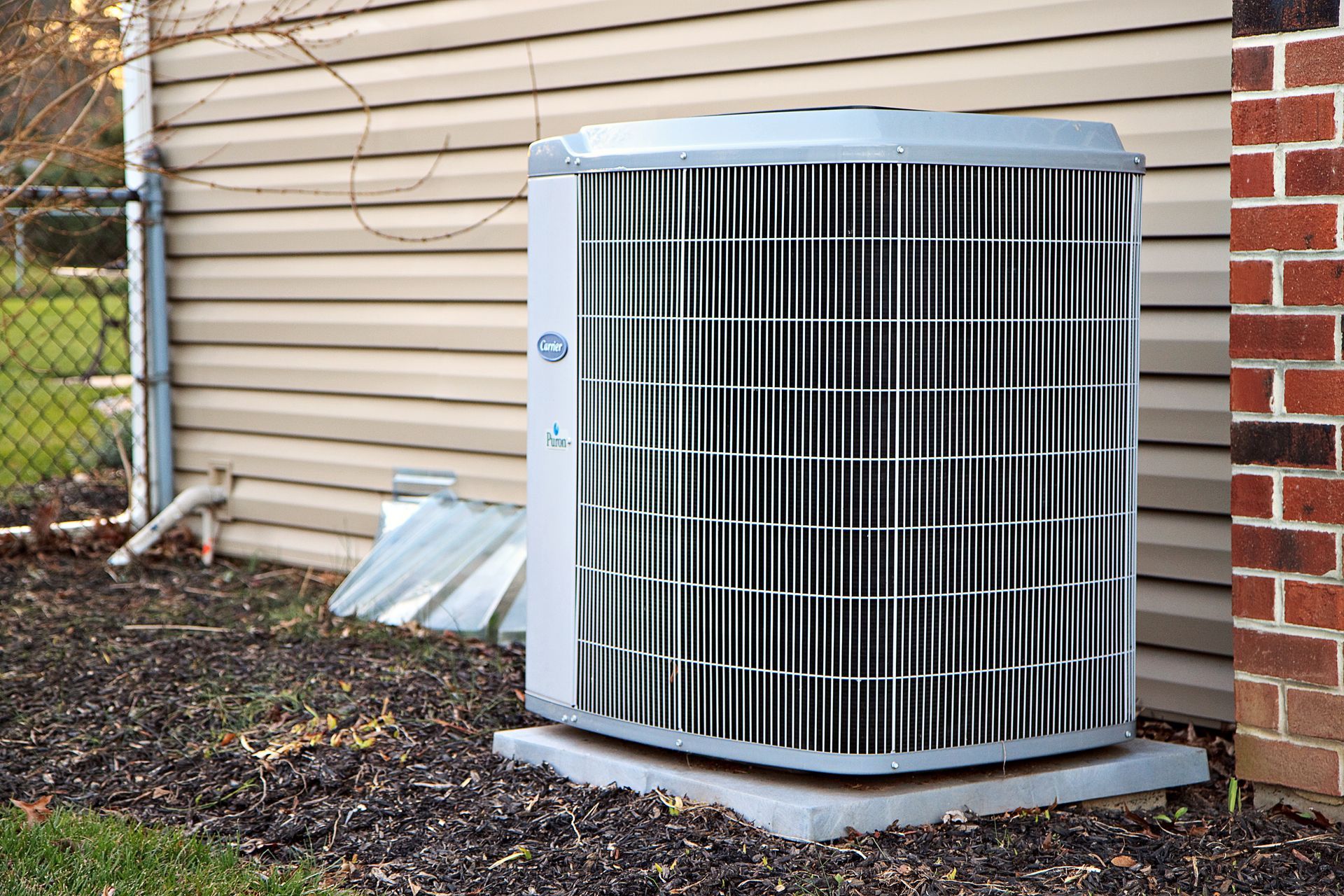
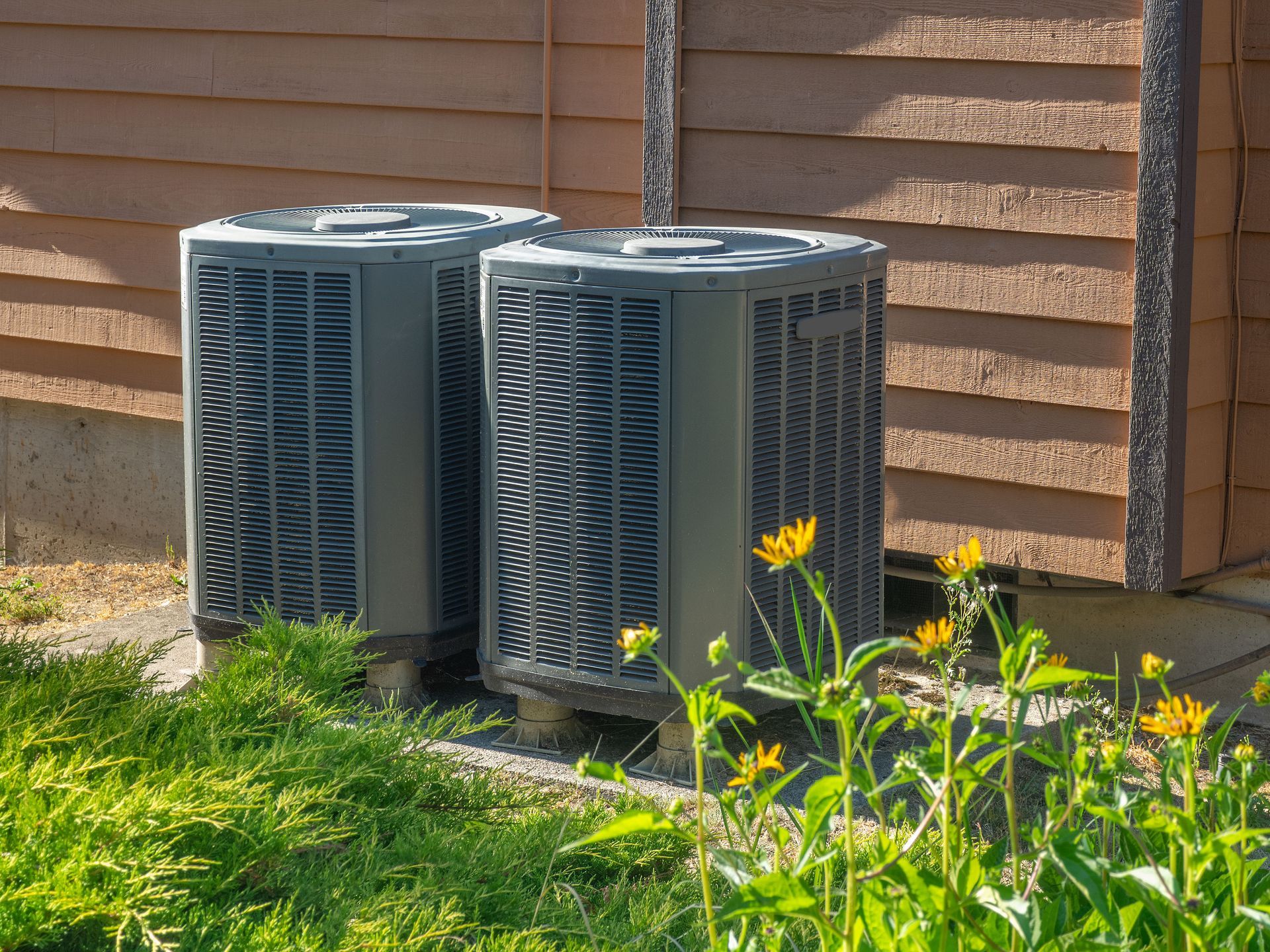
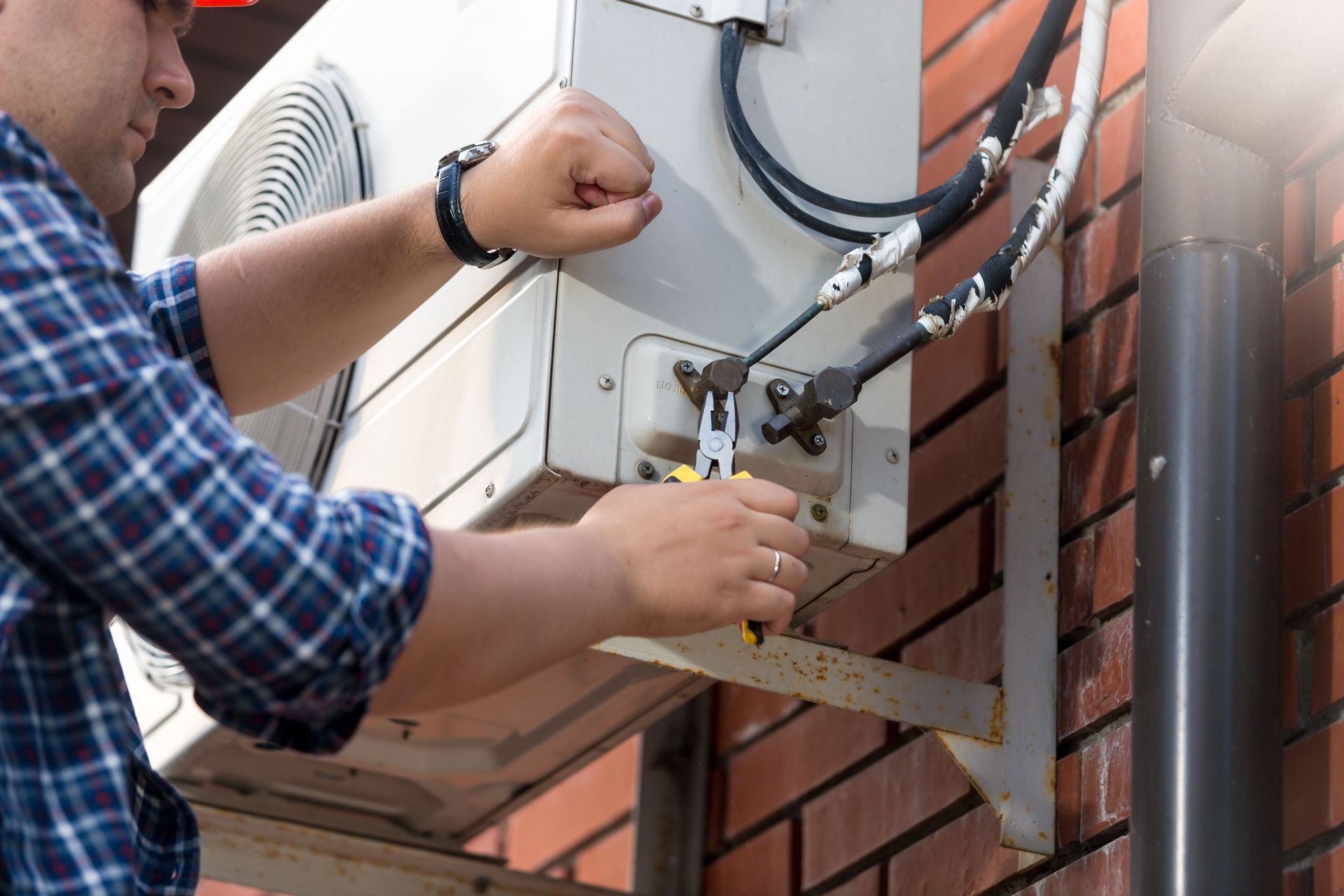
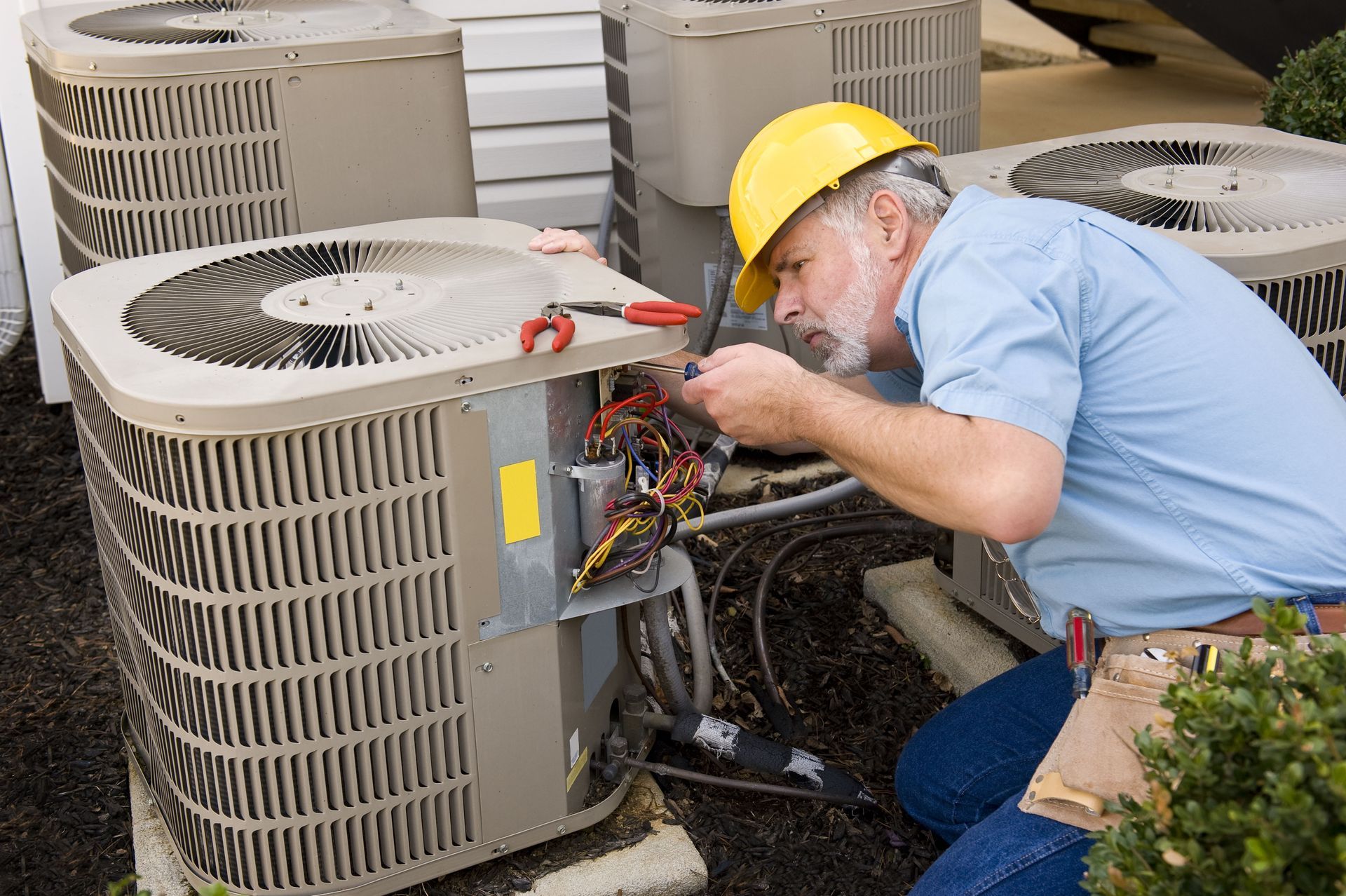
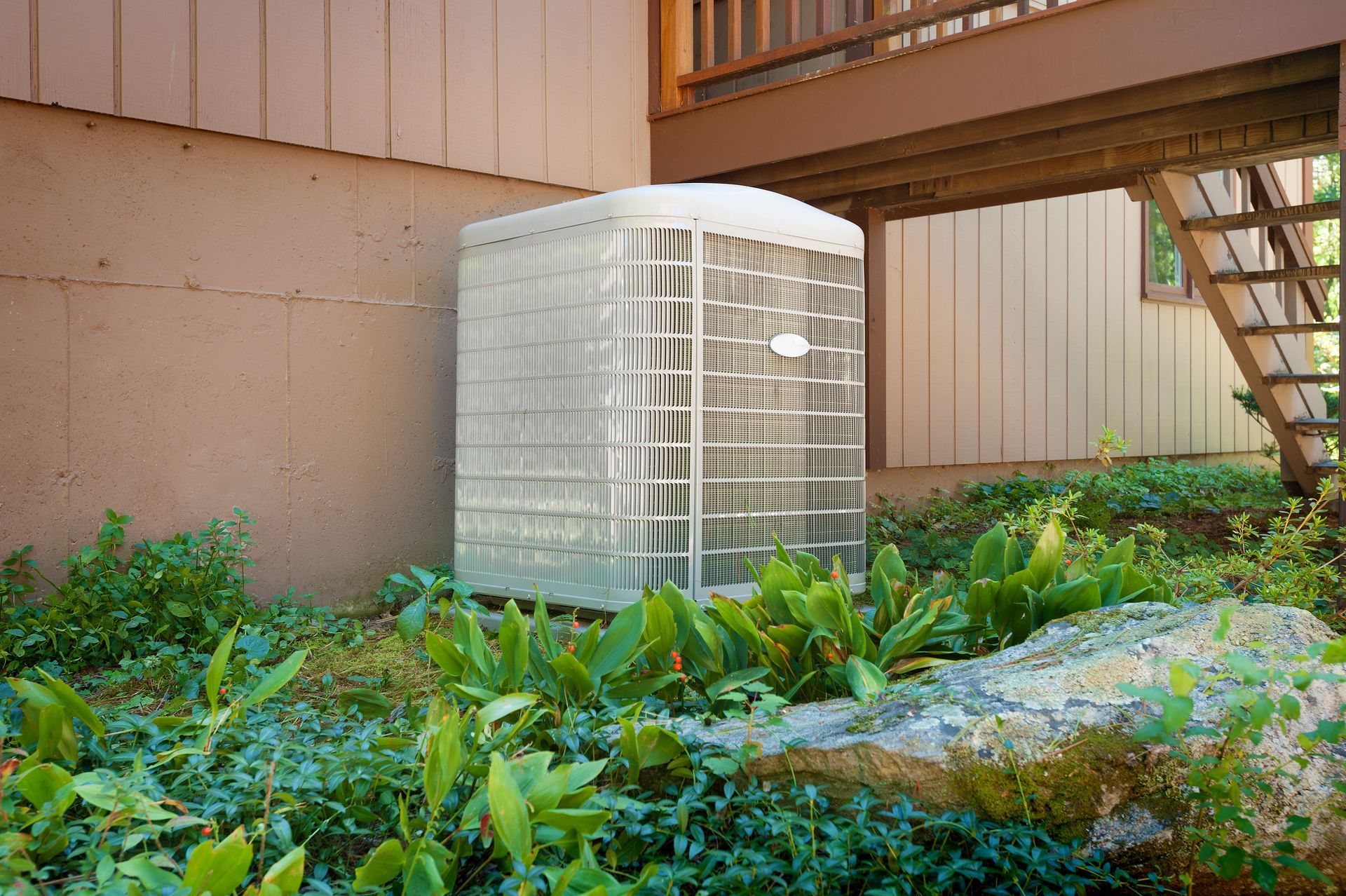
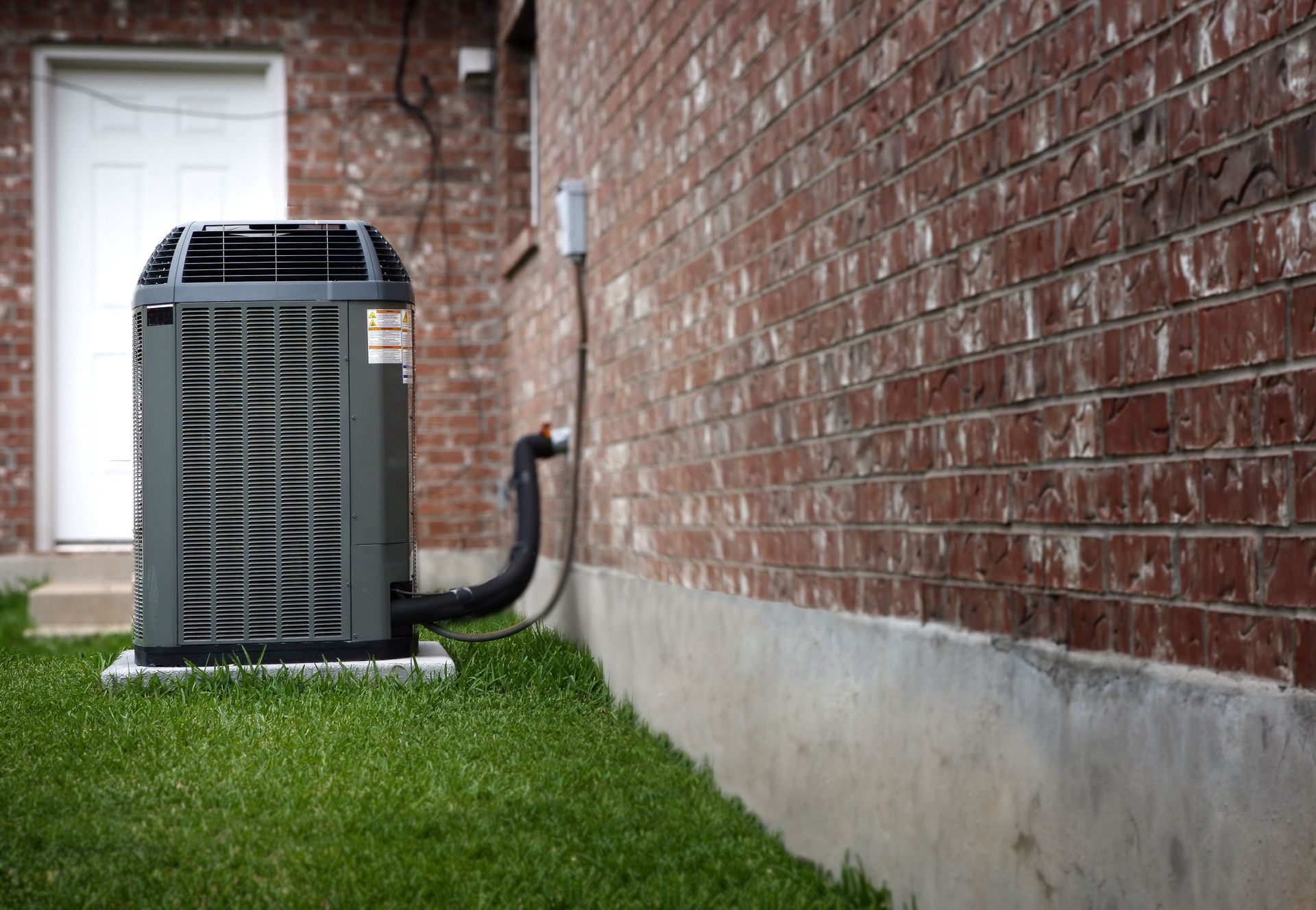








Share On: